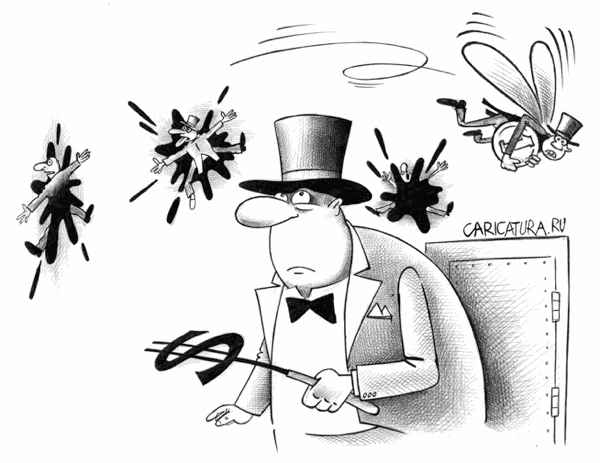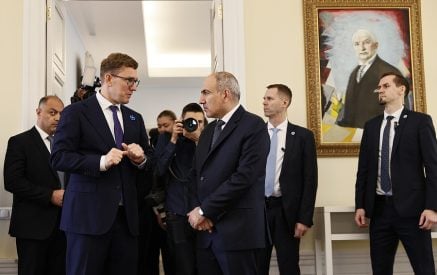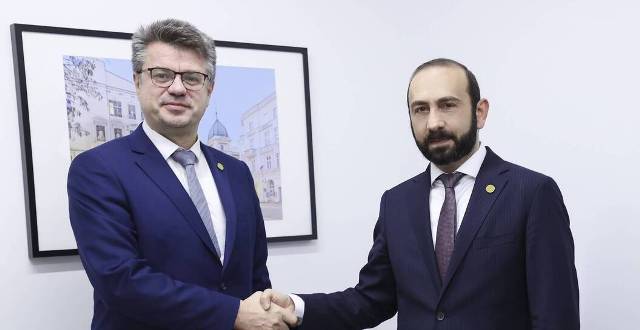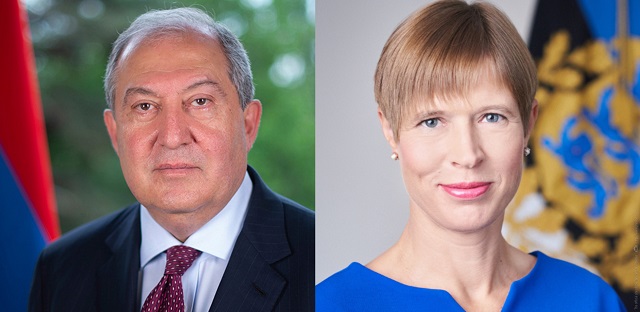Through democratic or non-democratic way?
In 2000, in Tallinn, I asked my colleagues how it happened that the market reforms in Estonia were so successful. The answer was sincere: hard and cynical, “because we did not allow the Russians living here to vote.” The point is that in the 90’s, the country adopted discriminatory laws that, basically, granted “non- citizen” status to Russian-speaking residents in Estonia. The European structures criticized Estonia for these anti-democratic steps, but slightly, because such an approach by the Estonian government officials was not beneficial to Europeans.
As a result, a part of the population who are paid lower, suffer the reforms at the most and acting “genetically” against the European development pattern, was deprived from participating in the governance of the country in extremely anti-democratic form, the shocking reforms were conducted, the state took the real and non-oligarchic market development path. Afterwards, those Russian-speaking people who adapted to the situation did not emigrate and received citizenship. I absolutely do not want to justify or accuse it. I am just suggesting taking it as ad notam.
Recently, Russian writer Victor Erofeyev, in his interview to Ukrainian “Gordon” TV program, expressed the belief that neither Putin nor the TV campaign play a role in today’s Russia’s public sentiments. Eighty-five percent of Russia’s population, according to the writer, without any propaganda has anti-Western and anti-liberal views. And this majority was only expected for someone like Putin to come, who will tell them what bad things are there in the world are coming from the West, and particularly the “maydans” are part of these intrigues.
Read also
It is noteworthy what the writer suggests. In his opinion, when Putin grows old, he will prepare a successor to him who will run exactly the same policy, the line that is pleasant to the majority of Russians. Well, in this case, how will Russia undergo reforms? Erofeyev thinks that a leader like Peter I should come, who in spite of the will of the majority will implement reforms forcedly. Again forcedly? And what happened to democracy? It turns out that democracy must be established through anti-democratic methods? Obviously, there is a logical contradiction.
The matter is not just formal logic, but also the selection of the path. If a question arises of what the majority of Armenia’s population wants, the majority will answer, “I want the government to give me normal job and a salary providing my decent life for the work. In the course of 25 years, no government, no opposition and no public institution has been able to destroy this paternalistic illusion.
Just on the contrary, almost all governments have gone by the way of the least resistance. “Yes, dear people, we’ll give you your job and salary. Be a little patient, we’ll give tomorrow, well, and the other day you will live in abundance.” (The only exception was some period of Bagratyan’s governance, during which, however, this government won the fiery attacks of the populists). Accordingly, the opposition says, “You see, dear people, the government does not keep its promise for you to live in abundance, whereas when we come to power, we would give it to you.”
As soon as someone says, “dear people, I will not give this abundance to you, and I am not obligated to do it, you should create all of it, only then we will move ahead.” But the government may say such a thing only when there would be no groups seriously claiming for the government chairs, who will still continue promising the weal. But lack of the opposition is bad and anti-democratic phenomenon. I, certainly, do not have the answer to this dilemma. You just need to have the courage to say that there is a dilemma.
ARAM ABRAHAMYAN

























































